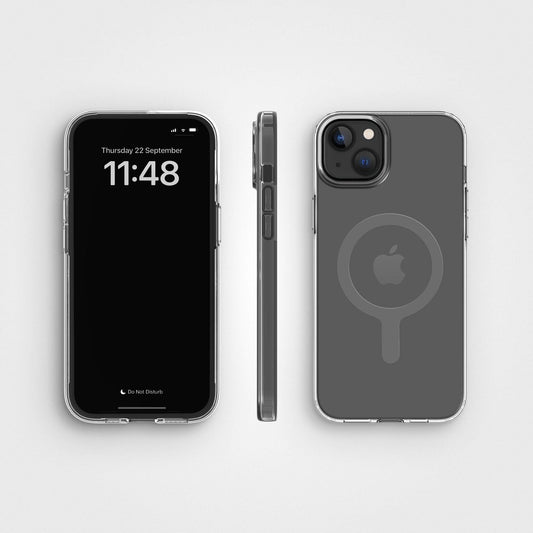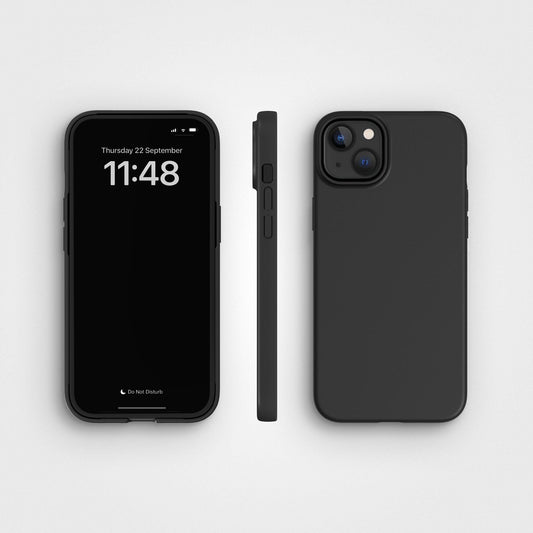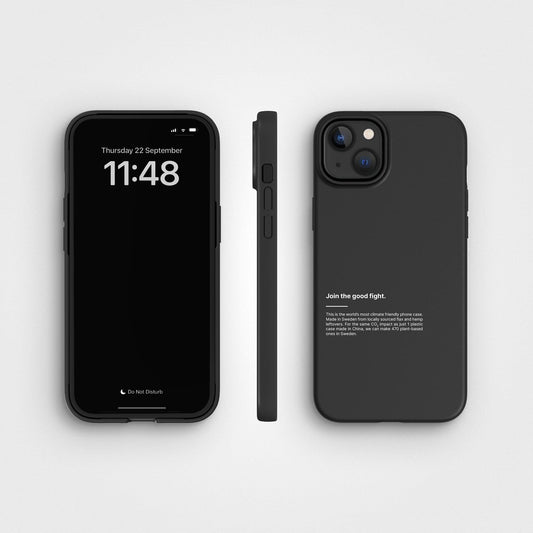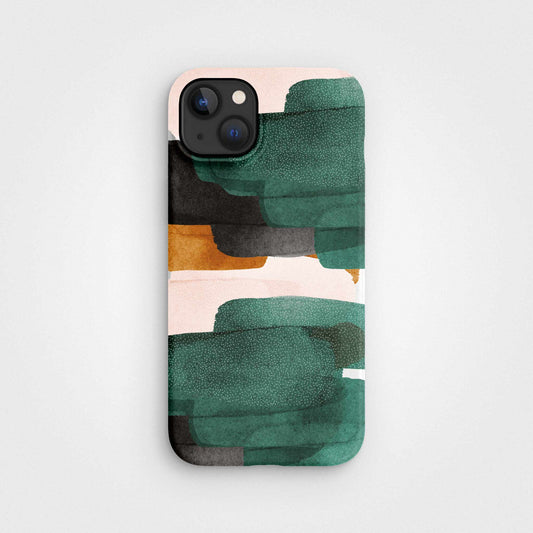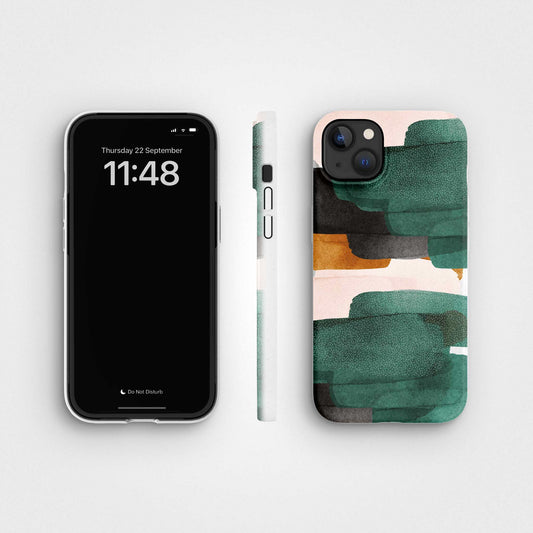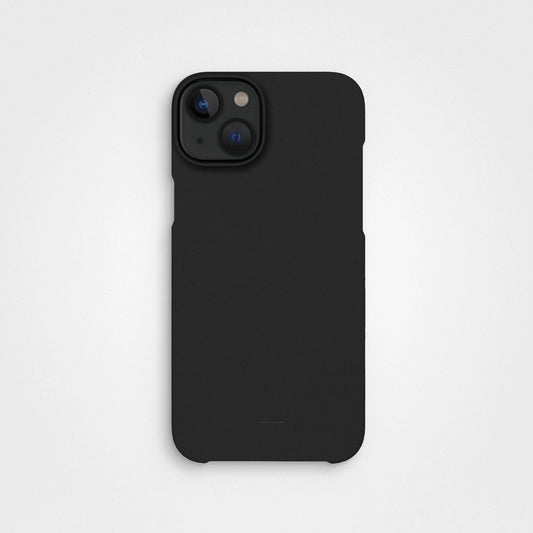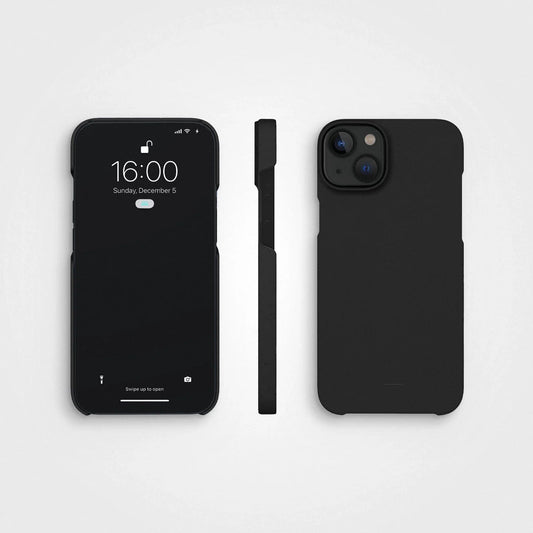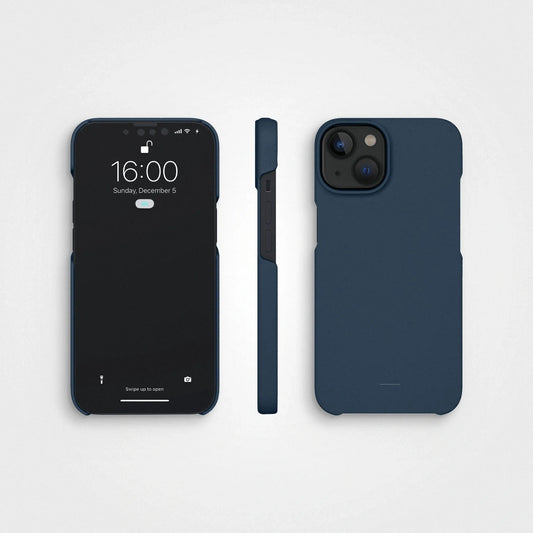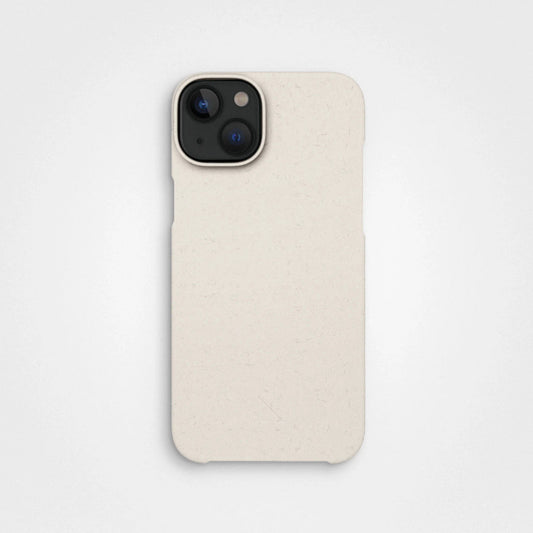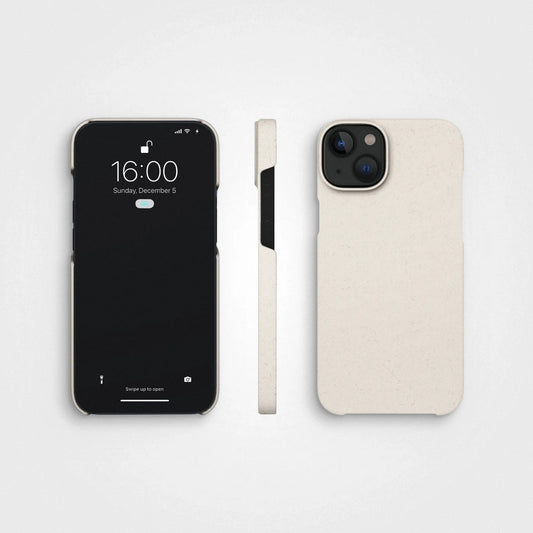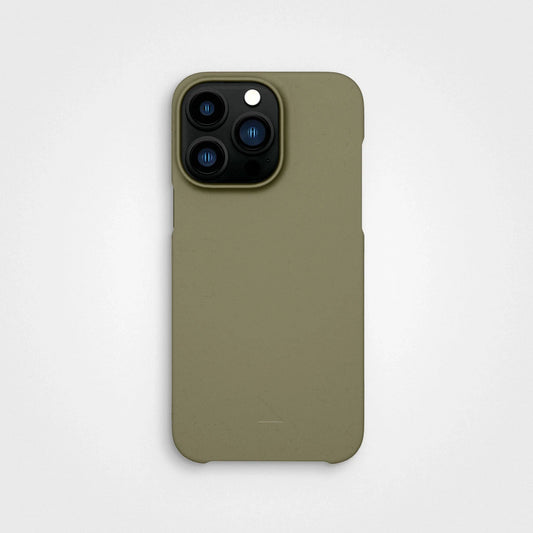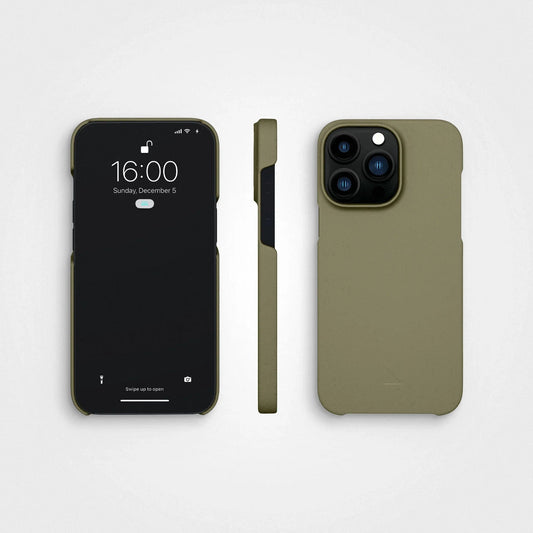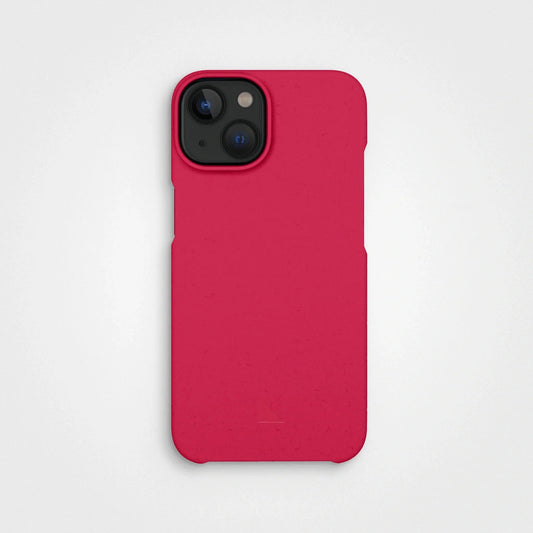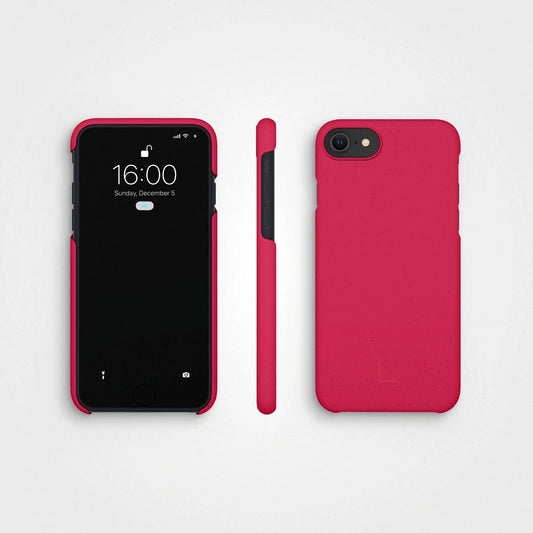Author and rubbish enthusiast James Piper, gives us the lowdown on recycling, packaging and book writing.
James Piper is a recycling and packaging guru. He’s even written a book about it. We couldn’t think of anyone better to talk to for insights and advice.
James pulls back the curtain on the industry and gives us some of his top recycling tips. Spoiler: keep the lids on bottles people.

James, welcome to A Good Community. Tell us a bit about yourself, where are you based?
I’m based in Bristol, UK. I moved here about 12 years ago after university to work for a then-small company called Ecosurety.
We’ve grown a lot since then and work with companies like Mars, Nestlé, Co-op and Morrisons to help them comply with legislation around packaging, waste electricals and batteries. So, I’ve spent a lot of time getting to know recyclers and the recycling process, particularly packaging.
"It's best to put the metal lid back onto the glass bottle because, if you put it in the metal bin, that lid’s too small, it's going to get lost."
So you’re well-positioned to write a book on the topic then. What is the “The Rubbish Book” about?
The aim of the book is to give people the full picture when it comes to rubbish and recycling. It covers everything from different materials to governance to how to actually recycle properly. For example, “what do you do with a can, should you scrunch up your can or keep it complete?”.
Hopefully, you could pick any household item right now and there’ll be a page on it telling you whether it's recyclable or not. It also encourages people to explore in more detail, and there'll be a website and channels to get hold of me and ask the questions. The idea is to keep it quite live and to create a bit of a community.

Lovely! I have ordered a copy by the way. What inspired you to write it?
Well thanks very much. Two things inspired me to write it. First of all, there was a news article on the BBC about plastic found on a shipwreck and I was like, “oh my goodness, plastic has been found on the shipwreck, this is really bad.”
I clicked the article and, sure enough, a picture of a shipwreck came up and it had nine two-litre plastic bottles on it. And I just thought “this is just terrible.” And then I looked at it again, and there were also 38 aluminium cans.
And I reread the headline and it said plastic packaging found on the ship. It didn't say packaging found on a shipwreck, or mostly aluminium and some plastic. I thought “why is everyone focused on this one material?”.
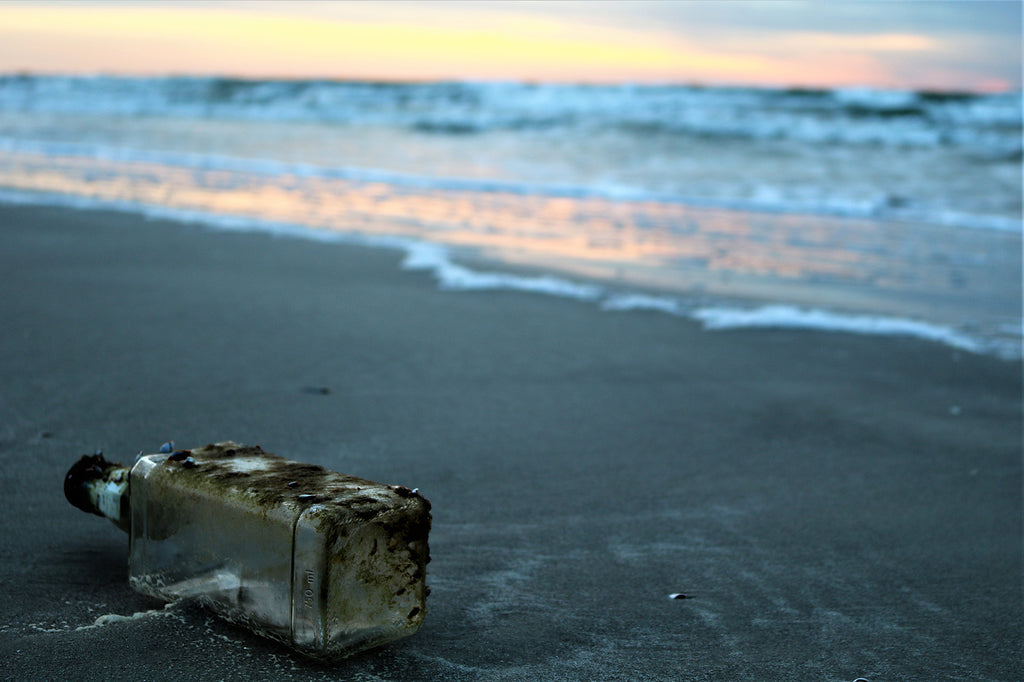
So there was that and then, around the same time, I had a dinner party and one of my friends was going to put a glass bottle in the recycling bin and took the lid off and I said, “oh, it's best to put the metal lid back onto the glass bottle because, if you put it in the metal bin, that lid’s too small, it's going to get lost. Whereas if you put it back on the glass bottle it'll get recycled.”
Is that right? Didn’t know that…
When they [the recyclers] crush the bottle, they'll take the metal lid off and many recyclers will have a process for recycling that metal. The other thing you can do with bottle lids is put them into an aluminium can or wrap them in foil to make them bigger. I told my friends all this and they said, “Wow, this is amazing. Someone should write a book about all this stuff.”
"Everything can be recycled. Everything. You could hold up any item around you and it can be recycled in some way."

You surprised me with your recycling tip earlier. What else should people know about recycling?
What's really interesting, and what people don’t realise, is that everything can be recycled. Everything. You could hold up any item around you and it can be recycled in some way.
Even those crappy, single-use sandwich containers?
We can do something with every single piece of packaging. The trouble is, can you do it economically? It's really interesting that people stand over a something and say “well, this can't be recycled.”
It's not actually that it can't be recycled but, economically, there's no value in the material at the other end, or it’s too expensive to do it. It's not about the science—everything can be shredded, melted, turned into something, but whether you can do that and make money out of it, that's a different question.
"If you have a bottle cap that's made of metal, wrapping it in tin foil will mean that it gets recycled."
Classic problem. How do we change this?
A lot of the legislation that's coming in the next few years is geared around rebalancing the economics. So what they want to do, and what's happening in Europe, is they're going to make it more expensive for brands if they're putting things into the market that aren't recyclable.
So the idea is that stuff that can be recycled, and can be recycled effectively and economically, is more likely to be in the system because brands will have to pay a lot more upfront to put stuff that's difficult to recycle out there.
What would you say is THE thing that people could learn when it comes to recycling?
There are lots of little things. When I sent my book to the publisher, the thing that shocked them the most, the thing they kept talking about, was not squishing down a plastic bottle to remove the air from it when you recycle it.
This is because, when it gets to the sorted, they need to be able to tell it's a plastic bottle, and the way they do that is by using shape and weight and all sorts of things. If you've squished it, it can look like paper. It’s little things like that.

There are loads of tips in the book and we can’t wait to read it. What is your number one, or maybe, top two recycling tips?
The one I really like and I think is easy to remember is the one I mentioned earlier regarding the bottle cap. Things that are small get lost in conveyor belts, they fall off conveyor belts, they hardly ever get recycled.
So combining stuff together to make them bigger greatly increases the chance it will get recycled. If you have a bottle cap that's made of metal, wrapping it in tin foil will mean that it gets recycled.
So size matters?
Haha yeah, I think it does. Another one is that a lot of people don’t realise that in supermarkets (in the UK) they collect carrier bags to recycle them but you can put any LDPE plastic in there, so plastic that is commonly used to wrap vegetables and salads.
Cellophane and clingfilm?
You have to be super careful with those as they are normally made from PVC, which is tough to recycle because of the chlorine. So, make sure to buy non-PVC clingfilm. LDPE is bread bags, salad bags and veg bags. It’s number 4 plastic.

There’s so much to think about, it’s hard to remember everything. We certainly need your book!
Yes, and a large proportion of people like convenience so we have to make it really easy for the consumer. We should be making it so easy so that everything the consumer buys works and can be recycled easily.
Banning straws and cotton buds I’m really on board with and we should also ban certain types of packaging. We definitely shouldn’t be selling PVC clingfilm, for example.
Thanks James, looking forward to using the finished article!
The Rubbish Book is going through final edits and is set to be published in the coming year. You can pre-order your copy here, use discount code: RUBBISHBOOK10 for a 10% discount.

~
We hope you found this fun and insightful, we know we're going to be adapting our recycling habits. Got a cool project on the go, thinking of writing a book? If you have anything you'd like to share please hit us up at ec@agood.com or on our Insta.


